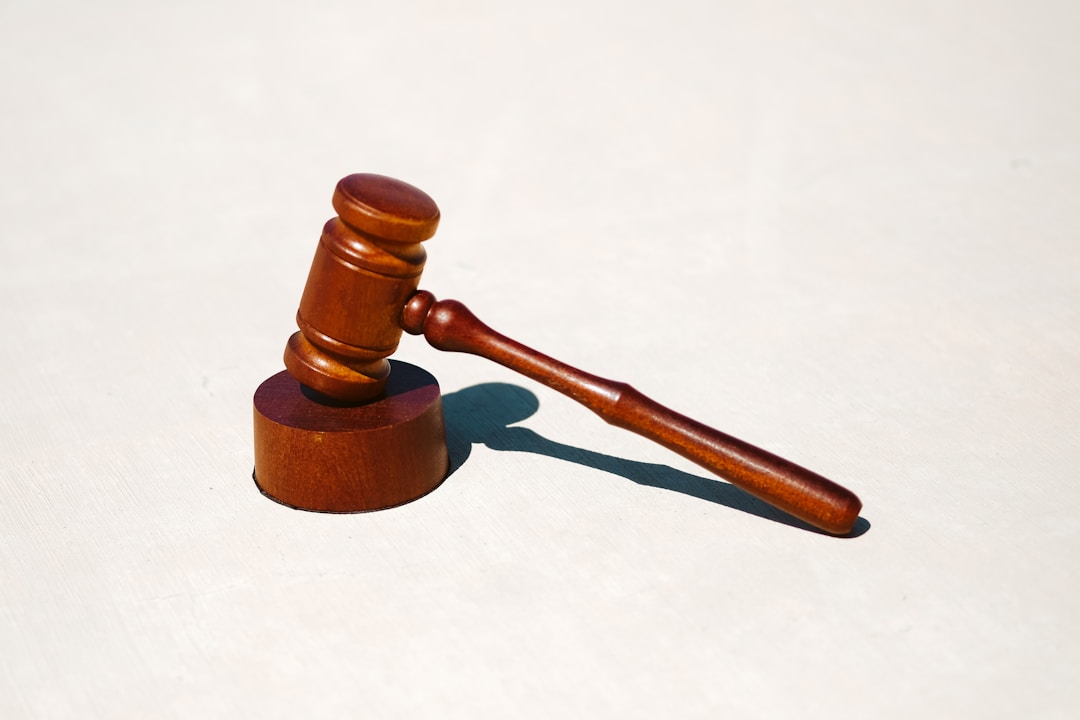What To Do After Being at Fault for an Accident
Being involved in a car accident is an unsettling experience, especially if you are deemed at fault. The aftermath can be a whirlwind of emotions and required actions, making it hard to think clearly about the next steps. Although the thought of insurance claims and potential legal ramifications may seem daunting, knowing how to navigate the situation can ease the burden. Below, we’ve outlined key steps and considerations you should be aware of to handle this stressful event. Keep reading to learn more.
Steps to Take Following an At-Fault Accident

Immediately after the accident, safety should be your primary concern. Check for injuries on yourself and others involved. If medical attention is required, call emergency services right away. Remember, tending to health and safety overrides all else at the scene of an accident.
Next, it is crucial to document the accident. Take pictures of the vehicles, the surrounding scene, and any damages incurred. Exchange information with the other party but avoid discussing fault or making statements that could be interpreted as an admission of guilt. These details can severely impact the outcome of insurance claims and legal actions.
Depending on the condition of your vehicle, you will probably need to seek collision services to assess and repair your vehicle. The repair process could be lengthy, depending on the damage. You’ll want to get your vehicle to a collision repair specialist as soon as possible. Ensuring that you get your vehicle back to pre-collision condition is not only about resolving immediate issues but also about preventing any future hazards due to unresolved vehicle damage.
Communicating with Insurance Companies After an Accident
After an at-fault accident, the manner in which you communicate with your insurance company can profoundly influence the outcome of your claim. Familiarize yourself with your policy’s coverage details and the procedure for filing a claim. Providing your insurer with accurate, comprehensive information about the incident can speed up the claim process.
When discussing the accident with your insurance representative, stick to the facts without speculating or placing blame. Insurance companies are particularly skilled at investigating accidents, so let them do their job. Remember that statements made to your insurer may be used in the assessment of fault and claim.
It’s also wise to be aware of the claims process timing. Some companies require that claims be reported within a specific timeframe. Late or incomplete submissions can lead to delays or denials of your claim, compounding the stress you’re already experiencing from the accident.
Furthermore, if the accident has raised concerns about your driving skills or decision-making on the road, it could be beneficial to consider enrolling in a defensive driving course. A driver improvement program can not only improve driving skills but potentially help your driving record and reduce insurance premiums if accepted by your provider.
Legal Considerations When You’re At Fault in a Collision

Legal implications following an at-fault accident can range from traffic citations like a speeding ticket to more serious charges, depending on the nature of the incident. It’s important to understand the legal process that may ensue. This includes potential fines, points against your license, and perhaps even court appearances.
If there are injuries or significant damages as a result of the accident, the other party may decide to file a claim against you. In such cases, cooperation is key, but it’s also imperative to consult a lawyer who specializes in traffic accidents. They can offer protection and negotiate on your behalf.
Navigating legal requirements can be complex and intimidating. It’s essential to follow all court instructions and attend any required hearings. Missing a court date or ignoring legal instructions can have serious consequences, exacerbating the situation and possibly leading to more severe penalties.
Throughout any legal process, maintain all documentation related to your case, including police reports, insurance correspondence, and any communication with legal counsel. Staying organized will help you and your attorney manage the situation as efficiently as possible.
Altogether, facing the consequences of an at-fault accident requires a level of responsibility, patience, and a proactive approach to managing the aftermath. Handling the situation with diligence and the right support can lead to a recovery and a future of safer driving habits.





